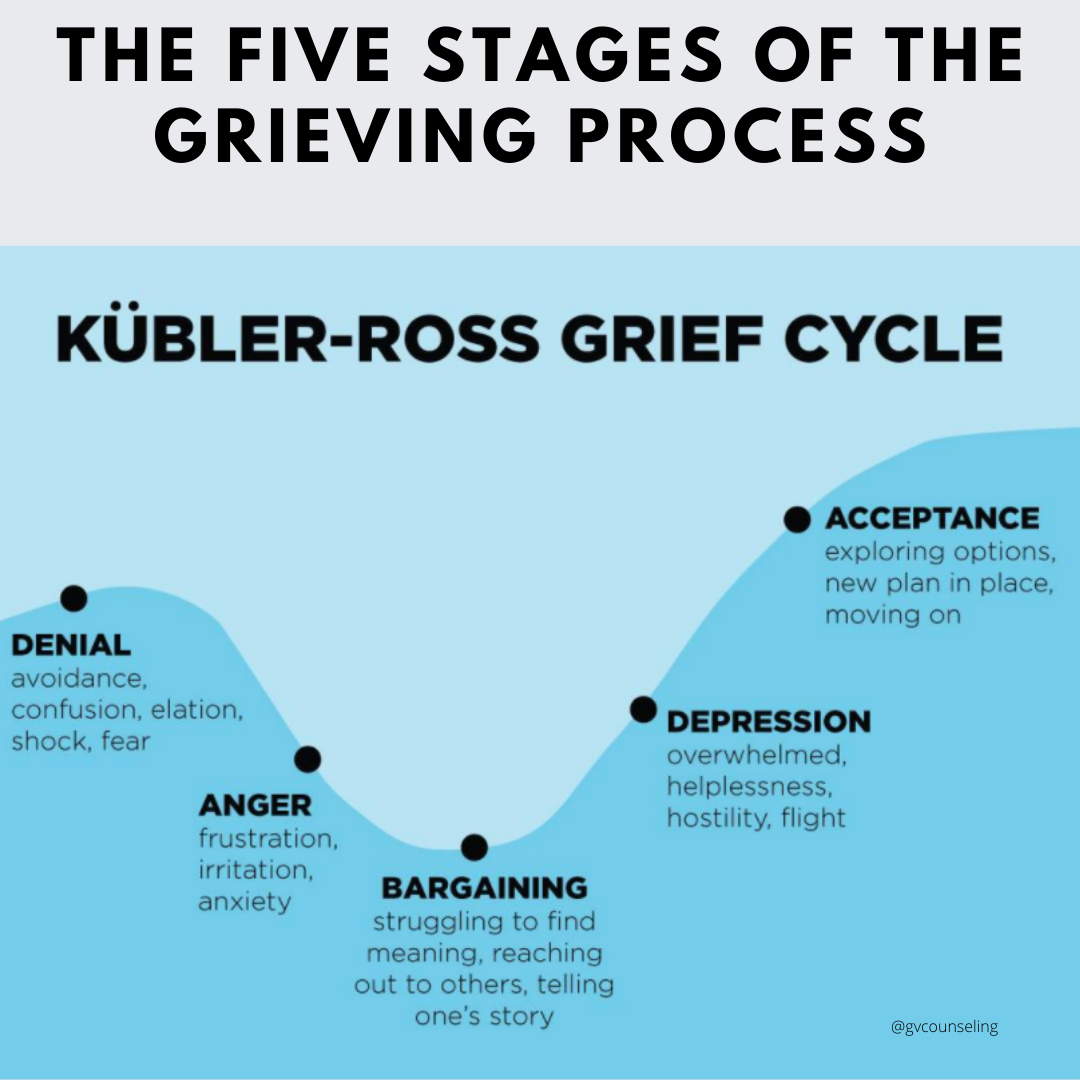Patricia Lockwood is a literary force who boldly asserts that the internet is an intrinsic part of our real lives. Known for her captivating dialogues and sharp literary criticism, Lockwood delves into the complexities of character creation and her distinct writing methods. During a recent Writers Speak event at Harvard, she explored how her upbringing shaped her unique perspective on storytelling, particularly in her acclaimed long-form fiction, “No One Is Talking About This.” This novel illuminates the often-ignored intersection of our online personas and genuine existence, challenging readers to embrace these dualities. Lockwood’s sharp observations and innovative approach resonate strongly, making her an influential voice in contemporary literature and cultural discussions about the internet.
In today’s digital age, conversations around the authenticity of our online presence take center stage, and no one encapsulates this dialogue quite like Patricia Lockwood. With a blend of humor and depth, she intricately examines the boundaries between reality and the curated personas we present online. At a recent event hosted by Harvard’s Mahindra Humanities Center, Lockwood reflected on her writing process and the art of character development, emphasizing the significance of dialogue over inner monologues. As a novelist and critic, her adaptability in crafting long narratives amidst a world dominated by brevity showcases her commitment to exploring profound themes in literature. Lockwood’s discourse invites audiences to reconsider the implications of how we navigate both the digital realm and our inner lives.
The Tangible Impact of the Internet on Real Life
Patricia Lockwood argues that acknowledging the internet as a facet of real life is crucial for understanding modern experiences. Many people grapple with the idea that their online personalities are genuine reflections of themselves, leading to a cultural tendency to dismiss internet-themed literature. Lockwood’s novel ‘No One Is Talking About This’ exemplifies this struggle, addressing the complexities of a social media influencer whose life takes a dramatic turn due to personal issues. By framing the internet as an integral part of our existence, Lockwood challenges the prevailing reluctance to accept digital interactions as legitimate—encouraging readers to confront the truth of their multifaceted lives.
This clash between online and offline identities speaks to a broader cultural narrative where many feel discomfort about admitting that their digital lives hold as much weight as their physical ones. In her discussion at the Writers Speak event, Lockwood pointed out the absurdity of this discomfort when it leads to the rejection of stories embodying digital culture. As a society increasingly immersed in internet real life, we must figure out how to resonate with these narratives, fostering a literary landscape that reflects our overlapping realities.
Character Creation and the Art of Dialogue
Lockwood’s approach to character creation is rooted in the intricacies of dialogue. She finds that capturing a character’s authenticity involves replicating their unique speech patterns and idiosyncrasies. Rather than relying heavily on their inner thoughts, Lockwood listens intently to how people communicate, enabling her characters to come alive on the page. This resonance with real-life interactions grants her characters a sense of individualism and genuine connection that readers can relate to deeply.
During her talk, Lockwood emphasized how her own family dynamics have influenced her writing process. Her father, a colorful character who transitioned from a Navy veteran to a priest, provides a rich background of experience she draws from for character development. By reproducing the quirks of familial dialogue, Lockwood encapsulates the complexity of human relationships. This technique showcases her belief that character creation is less about meticulously crafting backstories and more about immersing oneself in the raw, unfiltered mode of authentic family interactions.
The Power of Literary Criticism
Literary criticism, as Patricia Lockwood discusses, becomes a craft in itself—one that requires both an understanding of literature and the courage to voice personal opinions. Her analysis of authors such as John Updike exemplifies her skill in merging subjective impressions with solid evaluative insights. In the context of her career, Lockwood’s penchant for unvarnished honesty in reviews represents a rare quality in today’s literary climate, where many critics often shy away from stating whether a work is genuinely impactful or simply insipid.
Lockwood frames this practice as a journey into the minds of other writers, interpreting their thoughts while simultaneously reflecting on her own creative capabilities. She notes that this introspection can be somewhat transformative, allowing critics to temporarily adopt the perspectives of those they critique. This process enriches her own writing, indicating a symbiotic relationship between criticism and creative expression.
Writing Long-Form Fiction in the Micro-Content Era
Lockwood recognizes the challenges that long-form fiction authors face in an age dominated by micro-content and consistently shrinking attention spans. Despite these challenges, she is unwavering in her belief that the appetite for long narratives remains alive and well. In the face of widespread superficial engagement with texts, she asserts that the novel continues to fulfill a need for depth and solace, offering an escape from the fragmented digital landscape.
She encourages writers not to succumb to the pressures of conforming to current trends that favor brevity over depth. Instead of trimming the richness of their tales, Lockwood urges authors to embrace the ‘fat’ in their writing. After all, the complexity of long-form storytelling can provide the emotional and intellectual sustenance that readers, yearning for connection, seek in a fragmented world.
Understanding the Significance of Personal Experience in Writing
Lockwood’s upbringing in a cloistered environment has profoundly shaped her views on writing and observation. Her experiences living in a rectory have honed her ability to notice the world around her—a skill she expresses as crucial for developing a rich narrative. As she walks around places like Harvard Square, she attunes herself to the nuances of her surroundings, capturing fleeting details that can add depth to her storytelling.
This acute sense of observation emphasizes the idea that every writer’s personal experience plays a pivotal role in their creative process. Lockwood’s reflections serve as a reminder to aspiring authors: immersion in one’s own environment and interactions enriches writing. It is not solely the act of storytelling but the lens through which those stories are viewed that breathe life into characters and narratives alike.
Navigating the Dual Worlds of Reality and Digital Presence
Understanding the intersection of real life and the internet carries significant weight in contemporary storytelling. Lockwood’s candid discussion about how a person’s online persona intertwines with their offline identity illustrates a broader existential narrative that dominates current cultural discourse. Writers in today’s landscape must tackle this complexity, balancing the realities of human existence with the curated representations of social media.
By confronting the notion that the internet is merely a facade, Lockwood challenges both writers and readers to reckon with the implications of acknowledging authenticity in online interactions. Her insights can serve as guiding principles for contemporary authors to shape their narratives—ones that engage with the intricate banners of identity, exploring how the digital and physical realms are irrevocably intertwined.
The Influence of Environment on Writing Habits
Lockwood’s unconventional writing practices reflect her pronounced appreciation for personal comfort and the environments in which she creates. She often finds inspiration propped up in bed or on the couch, showcasing how a writer’s physical surroundings can directly influence their output and creative process. Such reflections promote the idea that everyone has their unique rhythm and habitat to foster creativity, emphasizing that the space in which one writes can significantly impact the act of producing literature.
Chronic migraines have pushed her to adapt her workspace, reminding writers that flexibility is key. Lockwood’s willingness to modify her writing setup not only embodies creativity but also emphasizes the importance of well-being in the artistic practice. Recognizing that a conducive environment allows for better focus can inspire others to evaluate their writing habits and optimize them for productivity.
Cultural Reflections in Contemporary Literature
Lockwood’s work encapsulates the zeitgeist of modern culture, embodying the complexities of how the internet influences identity and relationships. Her novels often act as mirrors reflecting our collective experiences, especially the pervasive role of digital interactions in shaping personal narratives. By addressing relevant themes, her writing resonates with readers who may feel overlooked by traditional literature that fails to engage with contemporary realities.
Moreover, her literary exploration prompts discussions about the responsibilities of modern authors to engage with pressing societal issues. Lockwood asserts that literature does not merely entertain but also has the power to critique and examine the human experience—calling writers to be bold in their portrayal of our digital age.
Learning from Literary Giants: A Personal Journey
Patricia Lockwood’s admiration for great literary figures is evident in her approach to both reading and writing. By taking the time to study various authors independently, she has crafted her own unique narrative style, leveraging the benefits of exploring their works without the confines of academic expectations. This method grants her the freedom to dissect literature for enjoyment and insight, an approach that ultimately enriches her writing.
During her talk, she articulately expresses her gratitude for the autonomy to select her preferred translations and ideas, demonstrating how such choices can expand a writer’s toolkit. Lockwood encourages writers to engage with literature proactively, transforming the act of reading into a pathway for developing one’s voice and enhancing narrative capabilities.
Frequently Asked Questions
What are Patricia Lockwood’s views on the internet being a part of real life?
Patricia Lockwood argues that the internet is very much a part of real life, a concept that makes many uncomfortable. She believes this discomfort stems from people viewing their online personas as private, insisting that acknowledging the internet’s reality validates individuals’ online identities. In her novel ‘No One Is Talking About This,’ she explores this theme through a social media star whose life is disrupted by a personal crisis.
How does Patricia Lockwood approach character creation in her writing?
Patricia Lockwood emphasizes the importance of dialogue in character creation, drawing from her own experiences and background to craft vivid voices. She believes that capturing the speech patterns and unique expressions of people around her, especially her family, is crucial to her characters’ authenticity. This focus allows her to create relatable and lifelike characters that resonate with readers.
What insights did Patricia Lockwood share during the Writers Speak event?
At the Writers Speak event hosted by the Mahindra Humanities Center, Patricia Lockwood discussed her observations on character creation, the significance of dialogue, and how her cloistered upbringing influenced her writing process. She emphasized that her unique experiences have sharpened her observational skills, which she channels into her literary work.
How does Lockwood feel about literary criticism and its impact on writing?
Patricia Lockwood sees literary criticism as ‘celestial homework’ that allows writers to dive into the minds of other authors. She appreciates the freedom it provides, having explored literature independently without the constraints of formal education. For Lockwood, engaging with others’ work enhances her understanding of narrative and expression, which she applies to her own writing.
Can long-form fiction thrive in the age of the internet according to Patricia Lockwood?
Patricia Lockwood believes that long-form fiction can indeed endure despite the prevalence of micro-content and short attention spans. She advocates for the continuing appeal of the novel, suggesting that it creates appetites for deeper narratives. Lockwood encourages writers to maintain traditional storytelling methods even as trends shift.
What writing environment does Patricia Lockwood prefer?
Patricia Lockwood typically writes propped up in bed with a notebook, often accompanied by a cat. However, due to chronic migraines, she has adapted to writing ergonomically on a couch, demonstrating her characteristic casual posture. This setting allows her to blend comfort with creativity as she crafts her narratives.
| Key Point | Description |
|---|---|
| Internet’s Reality | Lockwood argues that many people are uncomfortable acknowledging the internet as a real part of life. |
| Character Development | Lockwood focuses on crafting characters through dialogues, emphasizing speech patterns over inner thoughts. |
| Cloistered Upbringing | Her unique upbringing sharpened her observational skills and her writing style. |
| Writing Environment | Lockwood’s preferred writing setup is in bed, though she has adjusted it due to health issues. |
| Literary Criticism | She views literary criticism as a way to navigate through another writer’s mind. |
Summary
Patricia Lockwood presents a compelling argument about the significance of the internet in our lives, suggesting that its portrayal in literature shouldn’t be dismissed as trivial. She deftly illustrates both her unique approach to character development and the profound impact of her upbringing on her writing. As she navigates her personal experiences with the literary world, Lockwood emphasizes the enduring relevance of the novel in an age of fleeting attention spans, making a strong case for the value of long-form storytelling.


